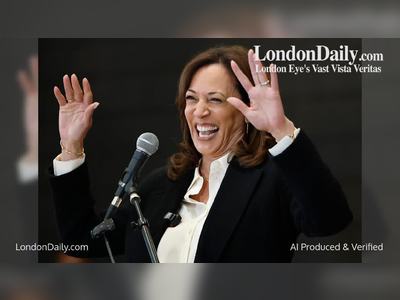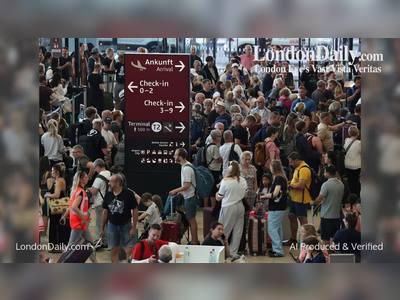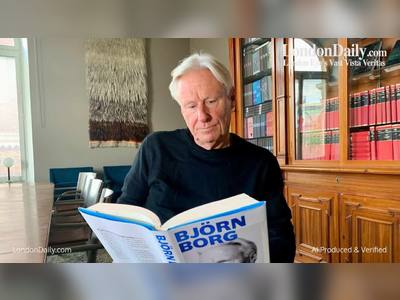Documents Reveal Mandelson Failed to Declare Epstein-Funded Flights as MP in 2003
Lord Peter Mandelson, then a Member of Parliament, did not disclose two flights in 2003 paid for by Jeffrey Epstein, according to documents released by the U.S. House Oversight Committee. The flights, on April 4 and April 11, 2003, totaled US$7,486 and were booked via Epstein’s New York travel agent.
At the time, parliamentary rules required MPs to register any foreign travel exceeding £564 if funding came from external parties and had relevance to their political role. Mandelson did not list either flight in the MPs’ Register of Interests.
Mandelson’s political trajectory at the time: he was a backbencher in 2003, having already resigned as Secretary of State for Northern Ireland, and only returned to senior office in November 2004 as European Commissioner for Trade.
Until now, public awareness of Epstein funding travel for Mandelson was anecdotal; these documents provide financial evidence for the first time.
The revelations surface amid broader controversy over Mandelson’s appointment as UK Ambassador to the United States, which ended this week after leaked emails showed him describing Epstein as “my best pal” and suggesting that Epstein should challenge his 2008 conviction for soliciting a minor.
Prime Minister Keir Starmer has acknowledged the seriousness of the disclosures, stating that, had he known the full extent of Mandelson’s ties to Epstein, he would not have made the appointment. Mandelson has expressed regret over his prolonged association with Epstein, describing some correspondence as “very embarrassing.”
Political opponents and transparency advocates argue that failure to declare the flights represents a breach of public trust and parliamentary standards. Some have called for formal inquiry into what was known at the time of Mandelson’s MP duties and what was declared or not.
The case adds to ongoing debates about vetting standards for senior diplomatic appointments and the responsibilities of public officials to fully disclose links to controversial figures.










